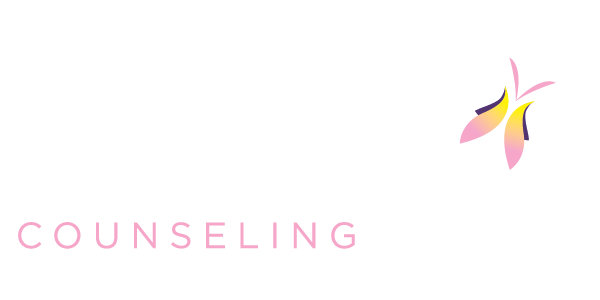
Your needs matter too.
You can’t do it all for everyone and neglect yourself. If you are struggling emotionally or mentally I can help.
Helpful resources
Depression During Pregnancy & Postpartum
Understand the symptoms and risk factors
https://www.postpartum.net/learn-more/depression/
Anxiety During Pregnancy & Postpartum
Understand the symptoms and risk factors

If you accept help, you’ll notice the change.
Approximately 15% of women experience significant depression following childbirth.
I specialize in Postpartum Depression (PPD), Anxiety (PPA), pregnancy loss, and providing care for mothers during their most challenging days.
In counseling we can address the following areas of concern:
-
Anxiety is what we feel when we are worried, tense or afraid – particularly about things that are about to happen, or which we think could happen in the future. Anxiety is a natural human response when we feel that we are under threat. It can be experienced through our thoughts, feelings and physical sensations.
-
Depression is a common and serious medical illness that negatively affects how you feel, the way you think and how you act. Fortunately, it is also treatable. Depression causes feelings of sadness and/or a loss of interest in activities you once enjoyed. It can lead to a variety of emotional and physical problems and can decrease your ability to function at work and at home.
-
Stress management is a wide spectrum of techniques and psychotherapies aimed at controlling a person's level of stress, especially chronic stress, usually for the purpose of and for the motive of improving everyday functioning.
-
Grief is the response to loss, particularly to the loss of someone or some living thing that has died, to which a bond or affection was formed. Although conventionally focused on the emotional response to loss, grief also has physical, cognitive, behavioral, social, cultural, spiritual and philosophical dimensions.
-
Coping refers to conscious strategies used to reduce unpleasant emotions. Coping strategies can be cognitions or behaviours and can be individual or social.
-
Life transitions are periods in life involving lots of change to your lifestyle. They might also be a result of important events that make you stop and evaluate your life.
-
Self-esteem is confidence in one's own worth or abilities. Self-esteem encompasses beliefs about oneself as well as emotional states, such as triumph, despair, pride, and shame. Self-esteem issues can impart ones views of themselves in a negative way.
-
What is infertility? In general, infertility is defined as not being able to get pregnant (conceive) after one year (or longer) of unprotected sex.
-
Pregnancy can take a toll on women at every stage; physically, mentally and emotionally. It is important to get proper care early, throughout and after.
-
The process of taking care of children until they are old enough to take care of themselves can be daunting. Talking with a counselor can help ease the overwhelm.
-
Women's issues refer to any concern that affects a woman's mental and at times physical health. These concerns can range from general mental health issues to challenges specific to women.
“I finally had everything I ever wanted but I felt alone and sad all the time. I would secretly cry and put on a fake smile. I kept thinking something was really wrong with me. Kristin helped me to realize this was normal and helped me to feel like me again. I’m grateful I reached out for help.”

Try a session for free and see if it’s right for you.
There’s no commitment, pressure, or obligation. Just a Chat.
